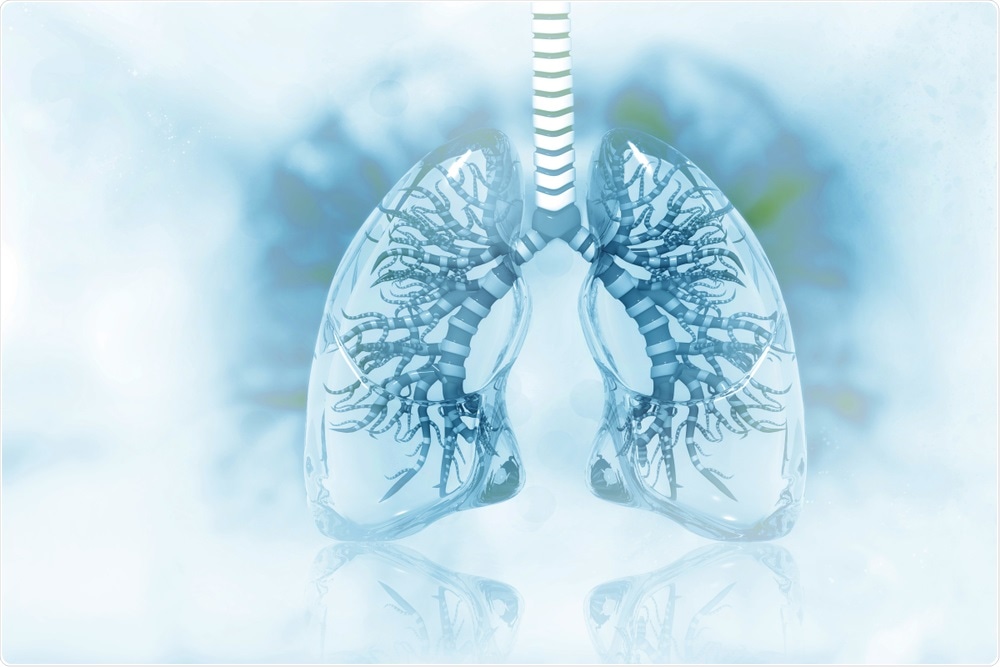Researchers have successfully transplanted bioengineered lungs into pigs, without any complications arising.
 © crystal light/Shutterstock.com
© crystal light/Shutterstock.com
In 2014, Joan Nichols and Joaquin Cortiella from the University of Texas Medical Branch at Galveston, managed to bioengineer the first human lungs and now their work has progressed to the point of transplanting the lungs into pigs.
Cortiella says the number of people who have developed serious lung injuries has increased globally, while the number of transplantable lungs available has decreased.
“Our ultimate goal is to eventually provide new options for the many people awaiting a transplant,” says Nichols.
As reported in the journal Science Translational Medicine, a support scaffold that meets a lung’s structural needs was created using a lung from an unrelated animal. The researchers removed all cells and blood from the lung, leaving only a lung-shaped scaffold made up entirely of lung proteins.
One lung was then removed from each of the pigs and cells were taken from the organs to produce a tissue-matched bioengineered lung for each animal. The scaffold was placed in a tank and the bioengineered tissue added to it and grown for 30 days. The lungs were then transplanted into the pigs, which the researchers observed to see how the lung tissue developed and integrated with the body.
All of the animals stayed healthy and as early as two weeks after transplantation, the bioengineered lung had developed the robust vasculature network needed for the lung to survive.
Nichols and Cortiella say they saw no signs of pulmonary edema, which would usually be an indicator that the network of blood vessels had not matured enough.
The bioengineered lungs continued to develop post-transplant without any infusions of growth factors, the body provided all of the building blocks that the new lungs needed.”
The researchers add that with sufficient funding, they could be able to grow transplantable lungs for humans within five to 10 years.
“It has taken a lot of heart and 15 years of research to get us this far, our team has done something incredible with a ridiculously small budget and an amazingly dedicated group of people,” they say.